Humble expression is used to describe one’s actions to superiors, lowering the subject of the action in order to elevate the person or topic being acted upon.
Humble expression of specific verbs
| 辞書形 | 丁寧形 | 謙譲表現 ます形 |
| 行く | 行きます | ・伺います (lowers the subject of the action in order to elevate the person being acted upon) ・参ります (shows respect towards the listener) |
| 来る | 来ます | 伺います |
| 食べる 飲む | 食べます 飲みます | いただきます |
| 居る | 居ます | おります |
| する | します | いたします |
| 言う | 言います | ・申し上げます (lowers the subject of the action in order to elevate the person being acted upon) ・申します (shows respect towards the listener) |
| 見る | 見ます | 拝見します |
| 聞く | 聞きます | 伺います |
| 会う | 会います | お目にかかります |
| 思う | 思います | 存じます |
| 知っている | 知っています | 存じています |
| もらう | もらいます | いただきます |
Humber expression of general verbs: “お/ご + します”
“お” and “ご” are attached to the verbs in humble language. They are used depending on whether the verb is native Japanese (和語) or Chinese origin (漢語).
Example with 和語 (訓読み):借りる, 待つ, 送る, 見せる, etc.
Example with 漢語 (音読み):案内する, 連絡する, 確認する, etc.
お+和語+します。
ご+漢語+します。
Examples
| 辞書形 | 丁寧形 | 謙譲表現 ます形 | |
| 和語 | 借りる | 借ります | お借りします |
| 漢語 | 案内する | 案内します | ご案内します |
Other
| 辞書形 | 丁寧形 | 謙譲表現 ます形 |
| 〜だ | 〜です | 〜でございます |
| 〜にある | 〜にあります | 〜にございます |



コメント